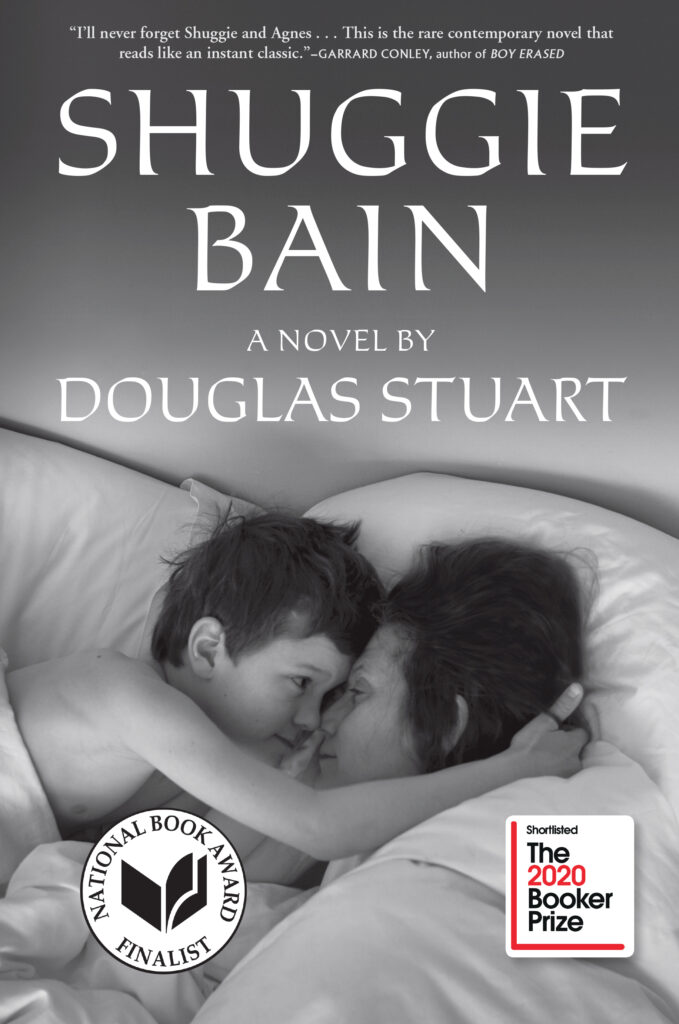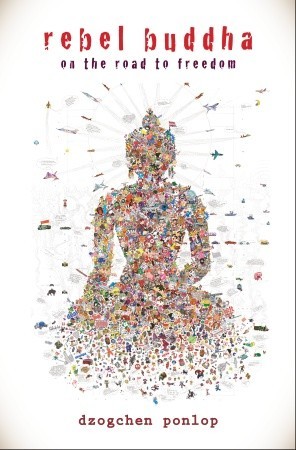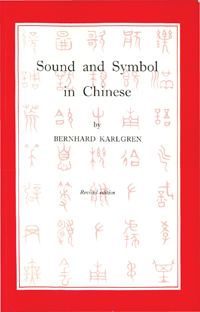Shuggie Bain by Douglas Stuart is a tough read. Beautifully written (it won the Booker prize last year), it is set against a backdrop of poverty in Scotland. The pain of the story is exacerbated by the title character’s homosexuality, evident to all from an early age and the cause of endless abuse, verbal and otherwise from family and neighbors. The boy’s mother is an extreme alcoholic, which is apparently not too uncommon in that community, and she will do just about anything for a drink. The book begins with Shuggie as a young teen in a bedsit attending school, and we wonder how he got there and what’s up with his family. He thinks kindly of his mother, so where is she? We then jump back in time a few years to see him at home with his mother and father, grandparents, his step-brother and -sister, as the family, which is already a mess, falls apart. It just gets worse and worse. While the book has received many accolades, it’s not exactly an enjoyable read. I’ve seen comparisons to Hanya Yanagihara’s A Little Life, a book that I loathed for its graphic details and the unwillingness of the main character to extricate himself from his situation. Here, though, Shuggie is a kid still and we don’t dwell in his screwed-up adult psyche, except that the author says the story is based on his own life, so in a sense we do.
Rebel Buddha by Dzogchen Ponlop is a helpful approach to Buddhism that sheds the religiosity of Buddhism, which I appreciated. In the audio version, the introduction is read by the author, Rinpoche Dzogchen Ponlop, born in Sikkim and raised in a Tibetan Buddhist monastery, but later educated in the US and now an American citizen. I found this take on Buddhism to be refreshing, as it doesn’t depend on all of the teachings but boils it all down into a guide for better living, including practical advice for meditation. It recognizes that Buddhism in America won’t be exactly like Buddhism in Asia, even if we follow the Buddha’s path. Not sure how rebellious that is, but it was a helpful reminder. In an appendix, the author provides a concise to guide to meditation, including analytical meditation in which the sitter contemplates a question, not just the breath or an object.
Speaking of Chinese by Raymond Chang and Margaret Scrogin Chang is one of several books about the Chinese language I’ve had on my bookshelves for ages. Now that I’m spending time daily on my Chinese studies, I thought I might dip into some of these. This one is an easy read and a decent overview, but not aimed at someone who has studied the language in any kind of depth. It describes the origins of the characters, does a nice job of differentiating between various kinds of characters (ideographs vs. pictographs, for example), and I did enjoy the last chapter on the development and practice of Chinese calligraphy, an art form I’ve dabbled in. In the edition I read (1978; I gather it’s been updated), however, some of the comments and attitudes seem dated. For example, the authors don’t seem to care much for the PRC. Also, they refer to the various forms of Chinese other than Mandarin, such as Cantonese, as dialects of Chinese, whereas I think linguists today categorize many of them as separate languages. Still, if you’re interested in an introduction to Chinese, this is a good start.
Sound and Symbol in Chinese by Bernhard Karlgren is a short book about the Chinese language that covers a lot of the same ground as Speaking of Chinese, but also offers some more sophisticated nuance that you would expect from a linguist. For example, Karlgren goes into some detail about how we know roughly how characters were pronounced in ancient times and how particular characters evolved—something he is apparently famous for. The edition that I have (and that I’ve owned for decades) was published in 1971 but the book originally was published in 1923. I see that there are newer editions, and I wonder if they have been updated to use pinyin romanization of Chinese, because the romanization Karlgren uses is almost unintelligible to me. Still, it’s an interesting story because it’s such a fascinating language and Karlgren tells it with great authority.
The Fifth Risk by Michael Lewis is my book club’s pick for this month, and I liked it a lot. While we need to put the disastrous Trump administration behind us, the book details just how amateurish an operation it was, starting from the transition team and continuing from there. Many of us felt that Trump didn’t really want to be President (although he wouldn’t have wanted to lose the election, either) and so he wasn’t prepared in any way to start governing, and didn’t listen to anyone who tried to tell him what he needed to do. Chris Christie—not exactly my favorite politician—actually tried to run the transition, and he was shoved aside by Kushner and Bannon. The book takes case studies of the Departments of Energy, Agriculture, and Commerce—significant because these departments house much of the government’s scientific knowledge—and how shockingly disinterested Trump’s people were in even figuring out what those departments did. It’s a terrific read about the value of the data in these departments.
What are the Chances by Robert Scotellaro is an excellent collection of flash-fictions. I’m not a big lover of flash, although I have written some of my own, because in the end there isn’t much to hold onto. Only a couple of the sixty or so stories here go beyond two pages, and most are less than a page. If there’s a theme, it seems to be centered on rocky marriages, but not, I think, in a way that is making a larger point. Having said that, these are terrific examples of the form, in my opinion, which do a lot of work in a short space. In flash there isn’t room to tell a story traditionally, with rising action, a climax, and resolution. Often the reader must be satisfied with a climax and resolution that are hinted at, after the story’s central conflict is revealed. That is done very well here.






